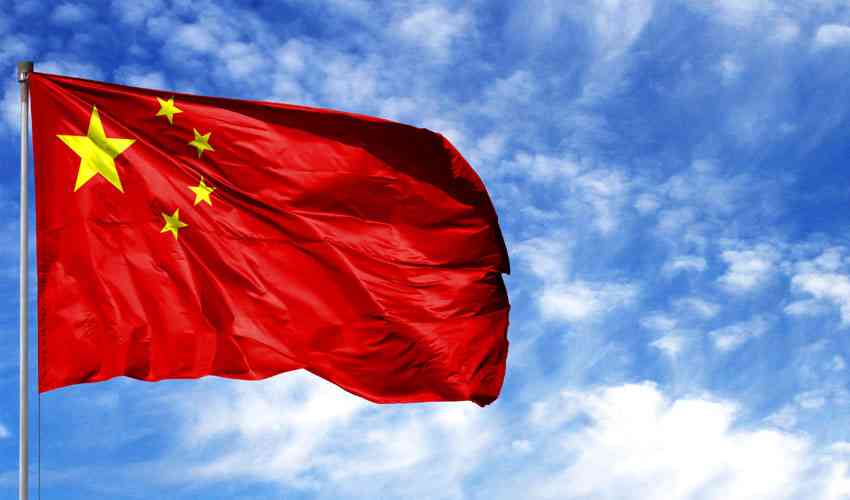
FOR many decades, one of the main obstacles to Africa’s ability to grow its economy has been the unfair trade policies between the continent and the Western bloc. The continent was primarily viewed as a source of free or inexpensive raw materials at the start of colonisation, which is when the unfair trade relationship began. This scenario continued for many decades after independence. Even today, the situation endures although China is now giving them competition.
One of the common practices of the West was to force trade agreements that favoured the West on African countries. Additionally, these agreements occasionally included clauses requiring African countries to liberalise their markets to accept Western goods, while maintaining higher trade tariffs on African exports to their markets.
As a result, there was an overabundance of subpar Western products on African marketplaces, undermining and harming African industries and making it more difficult for their goods to reach Western consumers. Due to the high tariffs imposed, the few African products that were able to reach Western markets were sold at higher prices, rendering them unfeasible and uncompetitive for African companies.
That was not all. The production costs of some Western products for African markets were significantly lower and more competitive than those of African products, thanks to subsidies given by some Western governments to their farmers. Certain agreements, mostly related to minerals and raw materials, are still in place and allow European countries exclusive access at extremely low prices.
These agreements were drawn and signed during the pre-independence era. This meant that the majority of African countries were not receiving a fair price for their exports to Western markets and this had an impact on their capacity to grow their economies.
Seven decades after gaining independence, opportunities are beginning to arise, but many African countries are finding it difficult to take advantage of these changes to grow and fortify their economies. The situation raises the question of whether the main obstacle to economic growth was, in fact, the unfair trade practices between Africa and the West.
The growth of the economies of China and other Asian countries has created new avenues for trade in terms of easily accessible markets and fair trade conditions. China’s State Council of Customs and Tariff Commission recently declared that, as of the end of December, 2023, all import duties on 98% of goods from Angola, the Gambia, the Democratic Republic of the Congo, Madagascar, Mali and Mauritania would be eliminated. With this, 21 African countries, nearly half of the continent — will now benefit from this policy.
This policy is supposed to provide an alternative solution to African countries that blamed the unfair trade relationship between them and Europe as a stumbling block to economic development. The Chinese policy is expected to attract more African imports to their markets without hindrance as they seek to gain more access to African agriculture products to their markets in line with the China-Africa Cooperation (Focac 8) in Dakar declaration in November 2021. China aims to import more than US$100 billion annually worth of products from Africa.
- Open letter to President Mnangagwa
- Feature: ‘It’s worse right now than under Mugabe’: Sikhala pays the price of opposition in solitary cell
- The brains behind Matavire’s immortalisation
- Masvingo turns down fire tender deal
Keep Reading
Surprisingly, while there has been an increase in trade between Africa and Asia over the past decade, mainly China, Europe remains the continent’s leading trading partner accounting for 26% of all African exports in terms of value, with China standing 15% even when the latter is making huge efforts to make it easy for the former.
That is not all. Notwithstanding the lifting of tariffs by China for 21 African countries, China maintains a surplus as it provides more of its finished products to Africa.
This merely indicates that Africa is not waking up and acting more quickly to seize its opportunities.
China is encouraging Africa to produce more agricultural products under trade conditions that benefit the continent to supply its markets. For the past 70 years, Africa has been searching for this opportunity.
Africa has all the natural resources necessary to achieve this and China is ready to share its knowledge, experience and technological expertise to support African countries in meeting their needs. Africa’s food security and agricultural productivity will both increase with Chinese investment in agricultural production. Other economic sectors will benefit as well, but some African countries are still fixated on pleasing European markets, which underpay them.
However, since Focac 8 in Dakar in November 2021, China has continued to ship finished goods (such as electronics, machinery and textiles) to Africa, while Africa primarily exports raw materials to China, including iron ore, crude oil, copper and cobalt. This has allowed China to maintain its steadily expanding trade surplus. The fact that agriculture is still not on the list demonstrates how slowly important economic decisions are made and implemented on the continent.










